

On October 21, 2020,The Sub-forum of the 17th Shanghai International Intellectual Property Forum and 2020 Tongji International Intellectual Property Forum was held at Tongji University, with the topic of “Accelerated Growth of Digital Economy and IP Protection”.
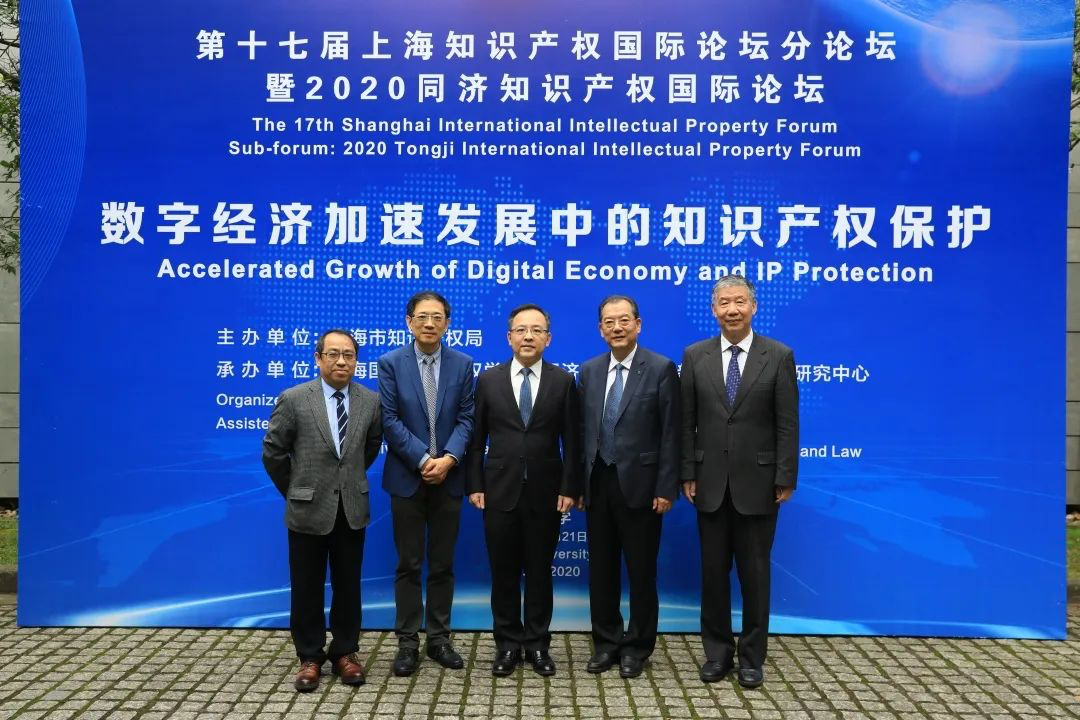
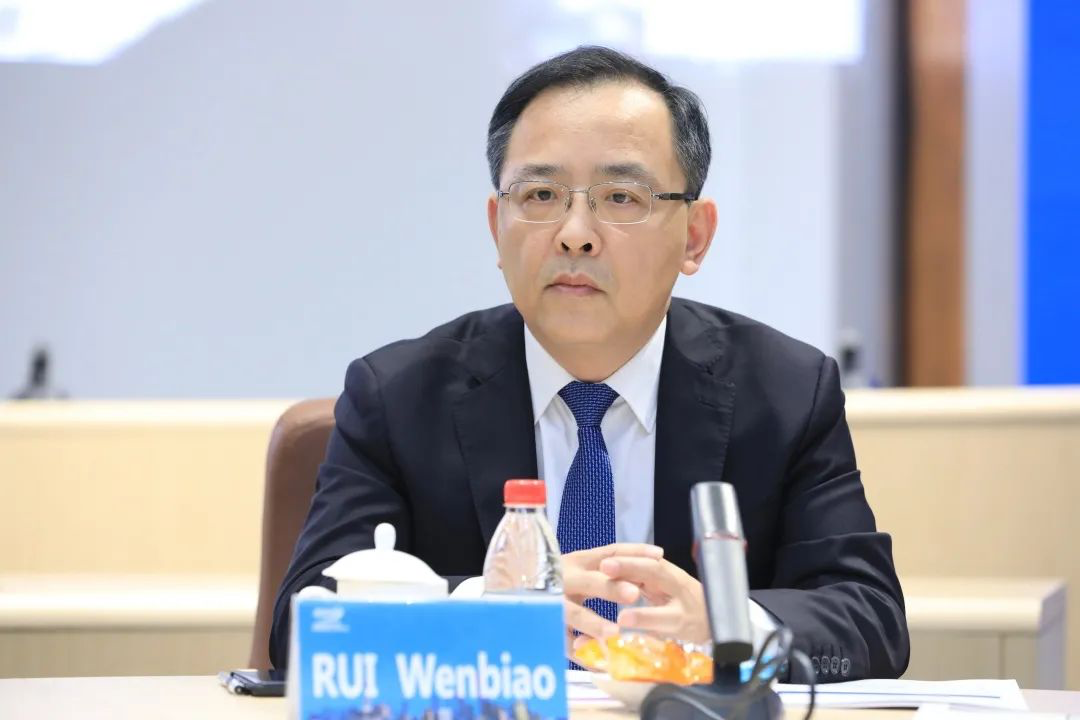
RUI Wenbiao, Director of Shanghai Intellectual Property Administration, congratulated the opening of the sub-forum and pointed out that the vigorous development of the digital economy and technology not only profoundly affects the economic and social development model but also poses new challenges to intellectual property protection. In recent years, Shanghai has vigorously developed the digital economy. By promoting the penetration of digitalization into more and wider fields, Shanghai has focused on promoting the in-depth integration of information technology and the real economy, enhancing the innovative-source capabilities of the digital industry, and striding forward to the goal of building an important hub of the international digital economy network. In the context of the sudden impact of the Covid-19 pandemic on global economic development, the digital economy has not only played an important role in fighting the epidemic and restoring production and life but has also become a strong driving force in supporting high-quality economic development. This forum focused on "IP protection in the accelerated development of the digital economy" in the "post-epidemic" era, which is of great practical significance.
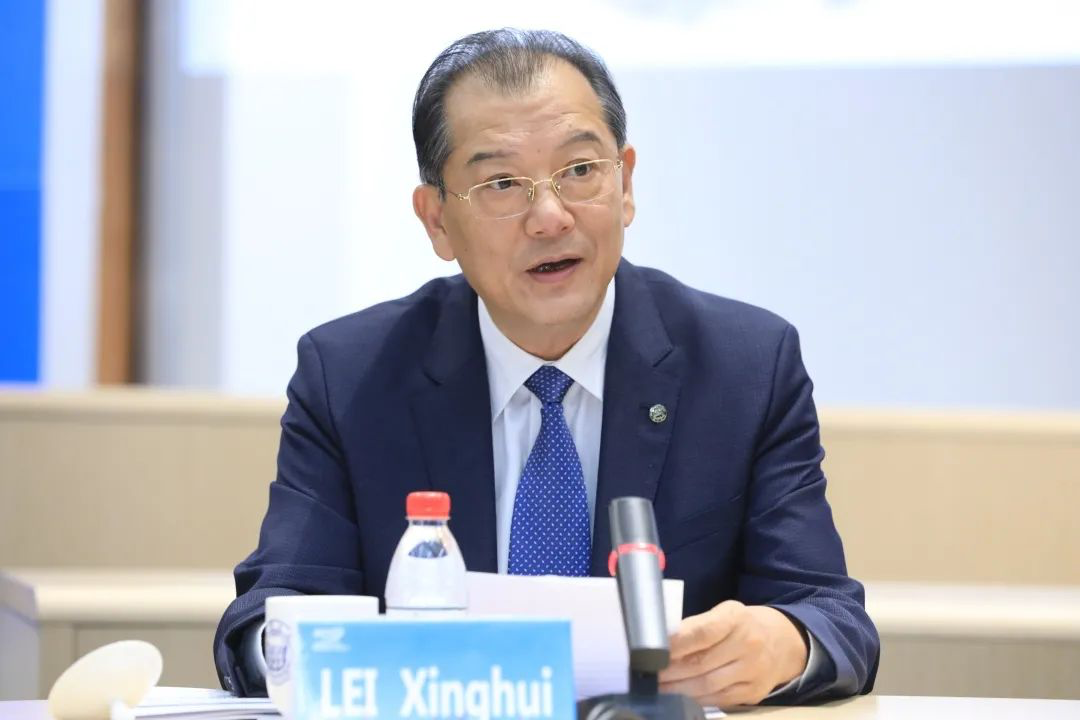
LEI Xinghui, Vice President of Tongji University, expressed his gratitude for the sub-forum held at Tongji University and pointed out that the outbreak of the Covid-19 pandemic continues to accelerate the transformation of the modes of people's life and work, and promotes the acceleration of the process of digital transformation and innovation. Facing the current complex situation, grasping the opportunities of accelerating the development of industry digitization and intelligence, and expanding the new business models spawned in epidemic prevention and control are crucial to promoting stable and long-term economic development. The intellectual property system has made significant contributions to human health and social-economic development throughout the world. The accelerated development of the digital economy has promoted major changes in intellectual property protection. Discussing the themes in this sub-forum in Shanghai, in Tongji, and in SICIP is of special significance.
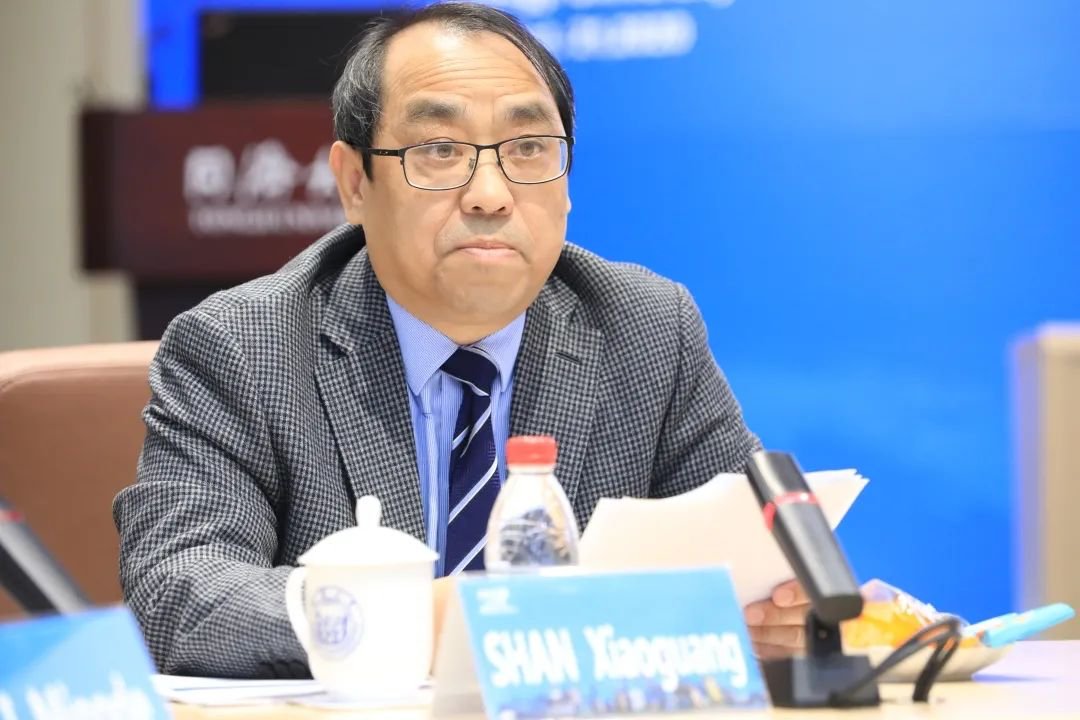
The opening ceremony was presided over by Professor. Dr. SHAN Xiaoguang, Dean of Shanghai International School of Intellectual Property. Dean SHAN expressed his gratitude to the sub-forum held at Tongji University and the support of WIPO, CNIPA and the Shanghai Government. He also pointed out that Shanghai has a special position in both the digital economy and intellectual property protection, which is worthy of summary and promotion.
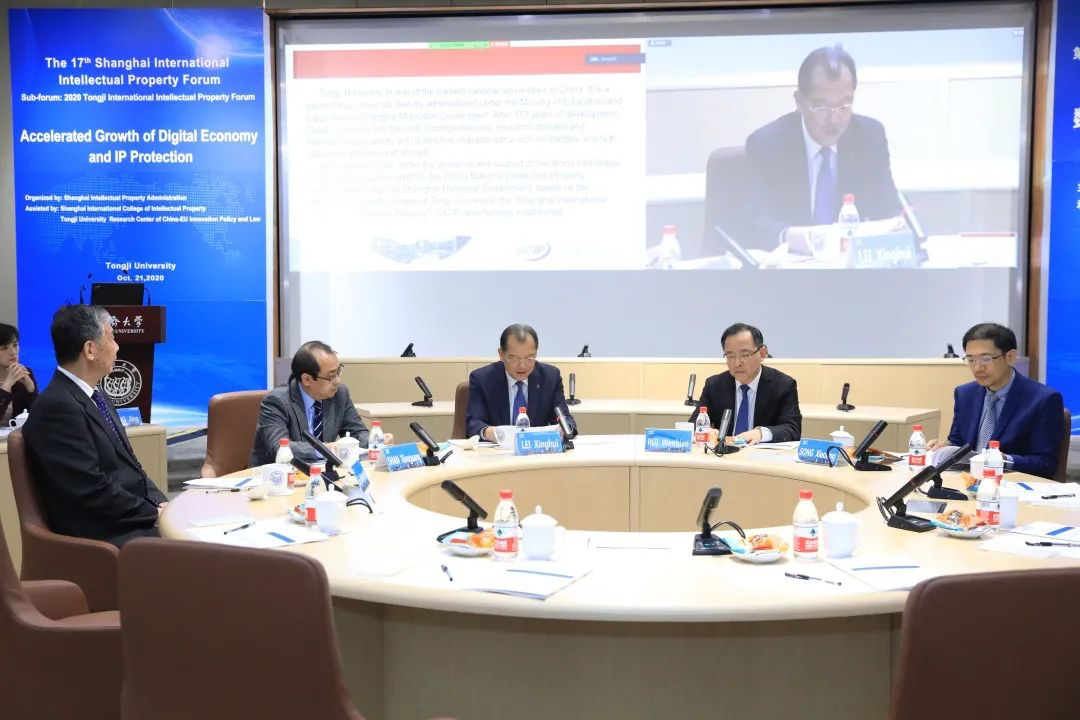
In the sub-forum, the participants delivered keynote speeches focused on "Digital Economy and Innovation" and "Digital Technology and IP Laws" respectively. In the roundtable discussion, the participants conducted questions and exchanged ideas on the two topics of "IP Law Development in Digital Economy" and "Innovation and IP Strategy in Digital Economy" through a combination of online and offline methods.
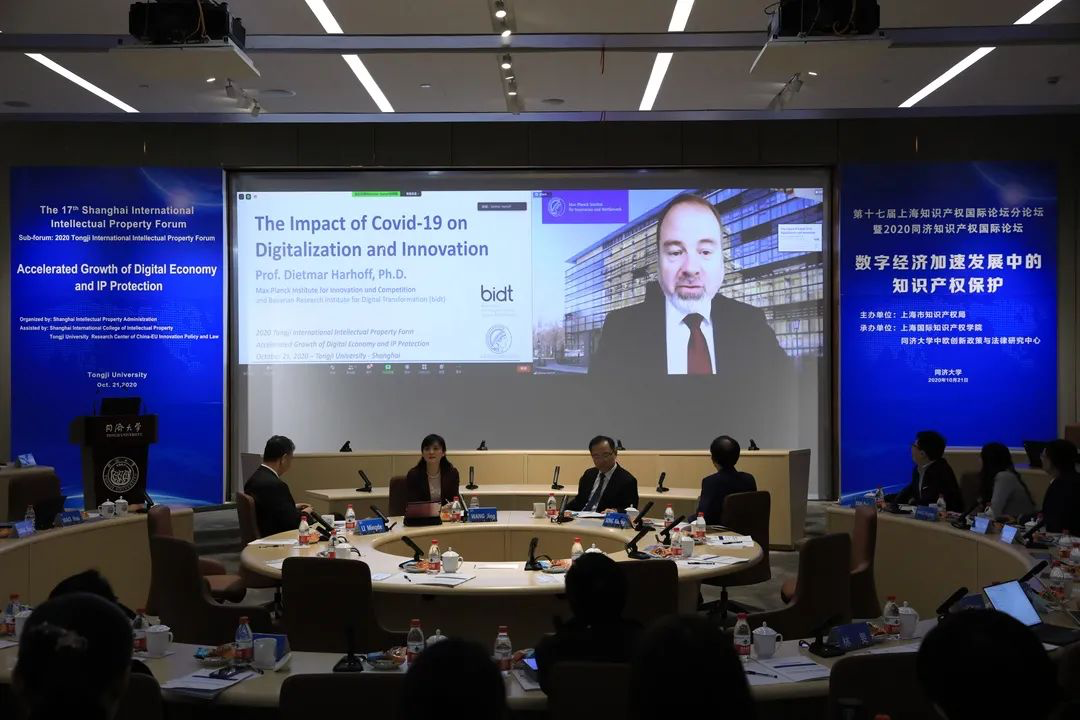
Participants of the sub-forum include representatives from Shanghai Intellectual Property Administration, Shanghai High People’s Court, China Academy of Social Sciences, Fudan University, Shanghai Jiao Tong University, Tongji University, University of Munich, Max Planck Institute for Innovation and Competition, Prof. Dr. Axel Metzger, Humboldt University of Berlin, The University of Tokyo, Hitotsubashi University and Unitalen Attorneys at Law Shanghai Office.
Keynote Speeches
Theme I: Digital Economy and Innovation
Moderator: Dr. YU Xinmiao, Deputy Dean of SICIP
The Impact of COVID-19 on Digitalization and Innovation
Prof.Dr. Dietmar Harhoff, Director at Max Planck Institute for Innovation and Competition

Based on the German experience and perspective, Prof. Dietmar Harhoff introduced the impact of COVID-19 on academic research, industrial R&D, venture capital and start-ups, and the digitalization in Germany and Europe, with implications and lessons for public policy. For academic research: Data showed a massive decline in time invested in academic research, which may lead to apparent changes in the future. For industrial R&D and venture capital, as in the 2008 financial crisis, R&D performing firms quickly went into survival and triage mode, but the overall effects are still evolving. Covid-19 is acting as a direct booster for the digital and medical sectors. In Germany, remote work, remote communication and video conferencing, cashless or contact-free payment means, digital medical services, and e-government are increased. Concluded from the facts he noted that the pandemic had lead to a massive economy-wide acceleration of digitalization and has also greatly accelerated the speed of decision-making in the public and the private sector. The current task for public policy and management is to maintain achievements in digitalization and to absorb lessons learned leading to faster decisions to improve structures and processes.
A View of Post-COVID-19 Innovation and IP Systems of China and Japan
Prof. Dr. Kazuyuki Motohashi, The University of Tokyo
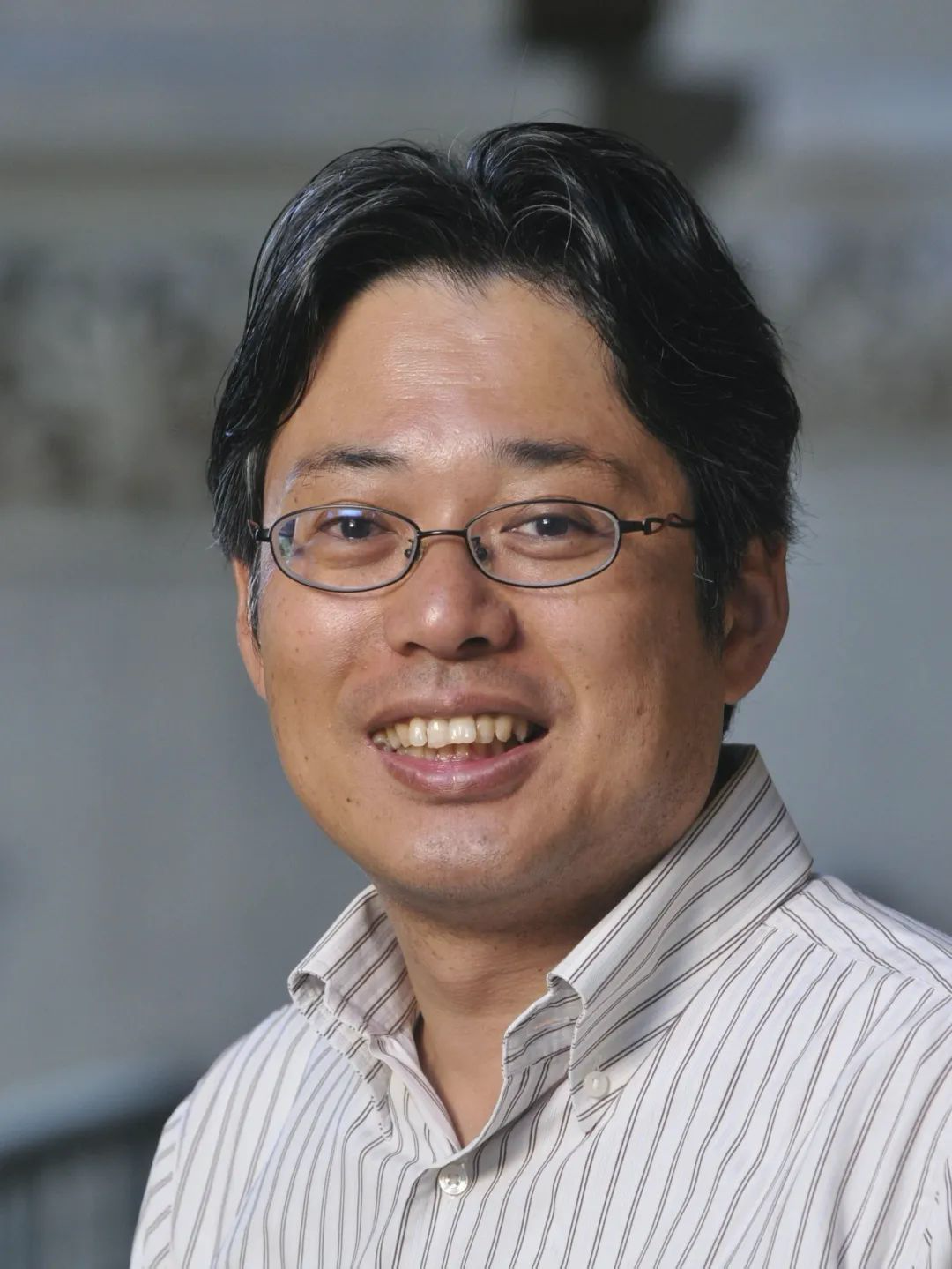
Prof. Kazuyuki Motohashi summarized the difference between Post-Covid and Pre-Covide as followed: First, science and technology research is shifted towards life sciences, presenting a Pre-Covid Society sequelae. Second, the scientific system has a certain degree of flexibility, and private R&D investment is very important. Third, the pandemic has had a huge impact on the behavior of social personnel and capital, and this impact will continue to be far-reaching. Offline activities are rapidly changing to online modes, digitalization accelerates, and people’s work patterns have also changed. Fourth, nationalism is rising, and globalization may turn into de-globalization. Regarding the impact on IP systems and policies, he said: The importance of intellectual property rights is not only to stop "appropriation" but also to promote "others' adaptation" through the development of an open ecosystem. Secondly, science-based knowledge should be promoted, and human resources should be developed to connect the "documented knowledge" and "hidden business goals" of enterprises. Third, the implementation of software patents in artificial intelligence is relatively weak, compared with hardware patents. Finally, a regional approach should be adopted, which has been implemented in China but there is still room for discussion.
Keynote Speeches
Theme II: Digital Technology and IP Laws
Moderator: Prof. Dr. MAO Hao, SICIP
COVID-19: Is Patent Law Response or Obstacle to Solving the Crisis?
Prof. Dr. Axel Metzger, Humboldt University of Berlin

Prof. Axel Metzger said that this speech was not only a discussion of the IP system, but also a reflection of two totally different situations in Shanghai and Europe during the pandemic. Covid-19 has raised technical challenges regarding vaccines, therapeutics, and medical devices, and social-economic challenges concerning non-discriminatory access to medicine and how to supply the global south, which called for the intervention of the patent system. Public institutions like universities and public funding play a major role in the patent system’s contribution, but private companies are ahead in developing market-ready pharmaceuticals. At present, the Covid-19 patent landscape is partly uncharted, and the pharmaceutical industry is reacting on a voluntary basis under political/social pressure. However, there are still needs for possible regulatory interventions like compulsory licenses on a national level and public funding conditioned on non-registration of patents, disclosure, open access, and more specific patent pledges. In the end, he concluded that patents play an essential role as an incentive for research in pharmaceuticals/devices, but they may also restrict freedom to operated and access technology, and both aspects are visible in the Covid-19 pandemic. Covid-19 is a stress test for voluntary initiatives and patent exceptions/ compulsory licenses, and regulators should make a difference between a pandemic and post-pandemic situation.
AI and Copyright Protection
Prof. Dr. LI Mingde, China Academy of Social Sciences
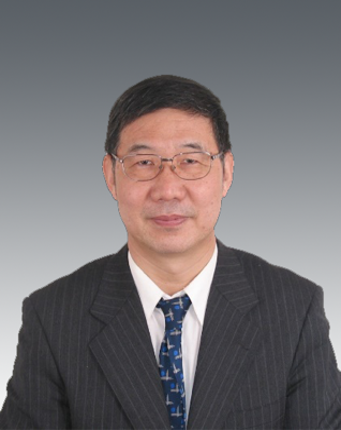
Prof. LI Mingde reviewed the historical development and conceptual evolution of authors and works, originality, rights, and obligations, and he believed that works must be created by authors rather than machines or animals. Author and originality are the keys. Taking the broadcast of sports events as an example, he believed that the conclusions of recent important judgments in this regard are open to question. He emphasized that copyright law regulates the legal relationship between people, not the legal relationship between people and machines and animals. If the result produced by a machine or animal looks like a “work”, it should not be work under copyright law or author’s rights law; if a machine or animal looks like “creative”, it is not work under copyright law. Said originality. In the end, people make machines engage in related behaviors. He concluded that "artificial intelligence works" and "artificial intelligence inventions" are all false propositions.
Copyright Law and Big Data
Prof. Dr. Matthias Leistner, Ludwig-Maximilians- University of Munich

Prof. Matthias emphasized on the importance of data access. He discussed the topic from the aspects of copyright, Database sui generis right, patents, and trade secrets. For copyright protection, taking compilation work as an example, there are some problems like fair use that may restrict the protection of data. The database sui generis protection in Europe has a scope even border than copyright for collections/compilations, but still with its threshold. From the patent law perspective, AI-related patents are protectable. In the end, he put forward his views on the need for new rules in IP: In copyright, exception for text and data mining, such as fairs use or the introduction of exceptions for TDM. In patients, there needs the strengthening of inventive step requirements and workable disclosure requirements. Trade secrets can be the new paradigm for more flexibility. Also, there’s a need for new practices for data licensing contracts and data pool/sharing-platforms.
Recent Experiences of IP Cases Online Trials in Shanghai Courts
Ms. WANG Jing, Senior Judge of the IP Division of the Shanghai High People’s Court
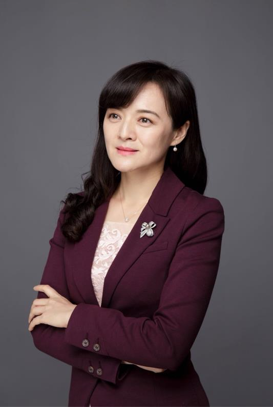
Ms. WANG Jing shared the latest practice of Shanghai courts in an online trial of IP cases. The Shanghai courts provided two online trial channels, “12368” and “Mobile Micro Court” mini program. Judge WANG gave a detailed introduction to the procedures of online trial and online payment of litigation fees. She said that “Misfortune might be a blessing in disguise”. The pandemic poses severe challenges to all aspects of society in China, but the Shanghai judiciary will actively respond to it.
Roundtable Discussion
Panel I: IP Law Development in Digital Economy
Moderator: Dr. JIANG Li, Associate Professor of SICIP
Mr. ZHANG Zhenjun, Partner of Unitalen Attorneys at Law Shanghai Office

Mr. ZHANG Zhenjun introduced the opportunities and challenges for digital technology patents under the pandemic. Based on the patent statistics under the pandemic, he pointed out that digital technology-related patents may have contributed more to the growth. The rapid iteration of digital technology has also brought challenges. He also enumerated several problems in the examination of digital technology patents.
Dr. WANG Jie, Assistant Professor of Shanghai Jiao Tong University

Dr. WANG Jie expressed his view on how to regulate platforms’ responsibilities for copyright infringement in the digital economy. He pointed out that the interactive and convenient characteristics of the distribution of online works have made online copyright protection very difficult. There are also some problems with the current protection mechanism based on the “safe harbor principle”. He later discussed the practice of EU copyright law reform and problems caused by hyperlinks in Internet infringement.
Dr. HUA Jie, Associate Professor of SICIP

Associate Professor HUA Jie shared the dilemma and solutions concerning the application of copyright exceptions to AI creation. She emphasized that she was referring to AI creation rather than AI works, and raised three questions: Does the copyright exception apply to AI creation? Does it apply to AI copyright infringement that excludes unauthorized use of third-party works? If the copyright exception does not apply, what is the appropriate solution? She mainly combined with the analysis of conversion use under the principle of fair use. In the end, she proposed to designate copyright collective management organizations to list the works used by AI in an open database for public access, provide a priori and post-certification opt-out mechanism, and allow authors and copyright owners to opt-out of collective management at any time.
Panel II: Innovation and IP Strategy in Digital Economy
Moderator: Dr. LIU Xia, Assistant Professor of SICIP
Dr. Tohru Yoshioka-Kobayashi, Assistant Professor of Hitotsubashi University
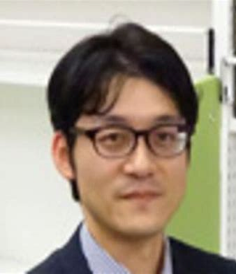
Dr. Tohru Yoshioka-Kobayash introduced the issues related to cross-product category patent citations caused by emerging products in design patents. He believed that when judging similar products, one should consider the product category integration brought about by the development of new products. This general trend has a potential impact on the implementation of design patents in China and Japan. He further proposed a method for measuring the similarity of designs across product categories, and concluded implications for the evolution of "product aesthetics integration".
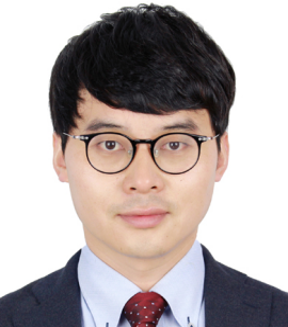 Dr. DANG Jianwei, Associate Professor of SICIP
Dr. DANG Jianwei, Associate Professor of SICIP
Dr. DANG Jianwei introduced the licensing policy of standard essential patents in the development of technical standards. In the debate over the formulation of technical standards, he used empirical methods to investigate and research, and summarized the relevant findings on the differences in licensing policies, market coverage, patents, and strategic patents that ensure free implementation.
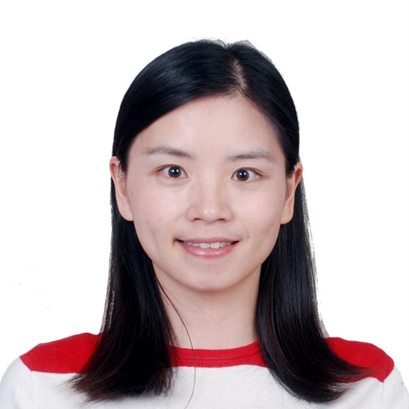 Dr. HUANG Lijun, Assistant Professor of SICIP
Dr. HUANG Lijun, Assistant Professor of SICIP
Dr. HUANG Lijun introduced the development of China's design patent system involving digital technology, such as partial design issues. She responded to Dr. Tohru Yoshioka-Kobayash's point of view, agreeing that the application of new digital technology will bring about new design classifications, and introduced the new changes related to design patents in the revision of the Chinese Patent Law.
Comments
Commentator: Prof. Dr. MA Zhongfa, Fudan Universit
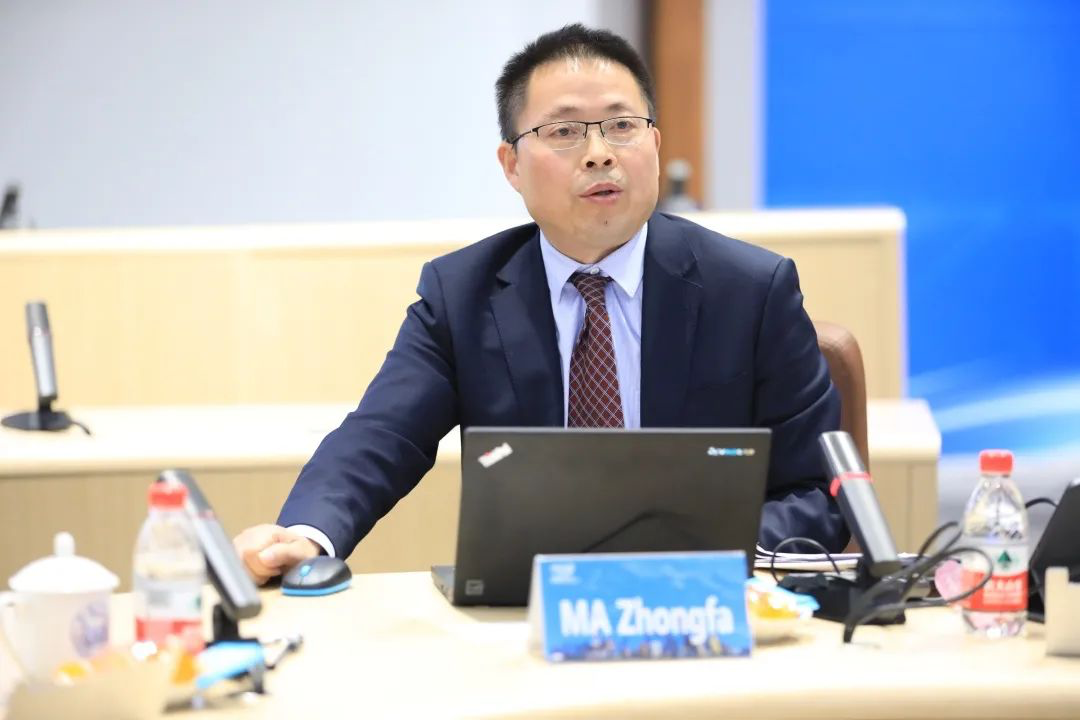
After the presentations of the two roundtable panels, the panelists asked each other questions and discussed related topics. After that, Professor MA Zhongfa, deputy director of the Intellectual Property Research Center of Fudan University, commented on the roundtable speeches and discussions one by one and put forward his own thoughts and questions.
Conclusion
Concluding Remarks: Prof. Dr. SONG Xiaoting, Chairman of College Council of SICIP
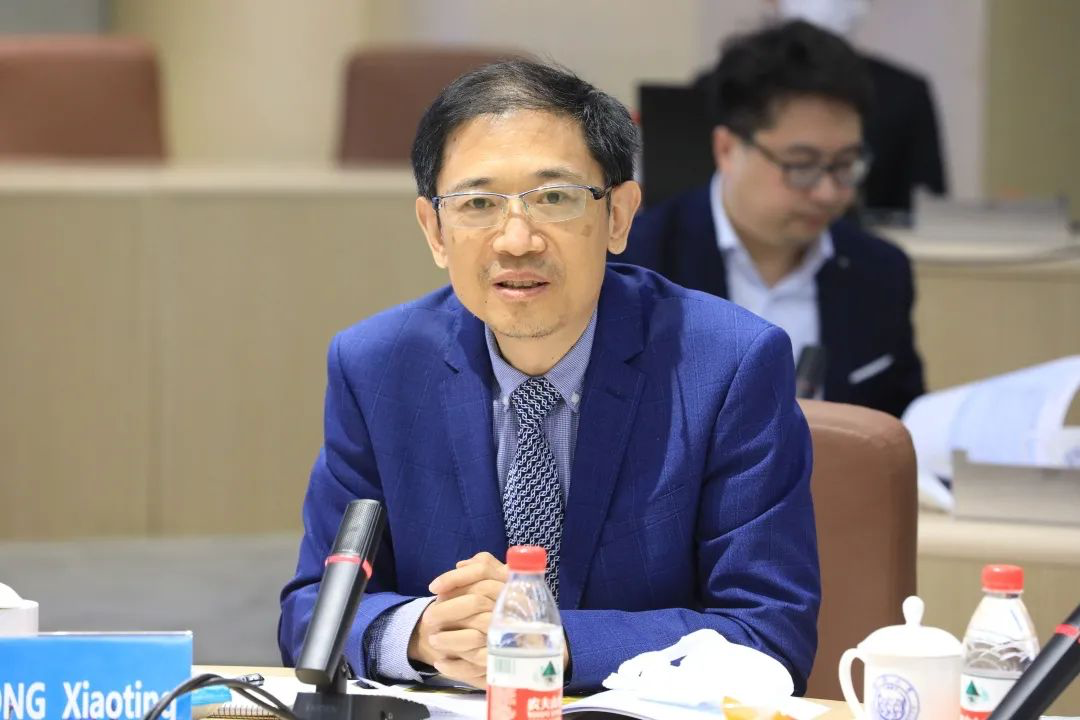
Prof. Dr. SONG Xiaoting, Chairman of College Council of SICIP, made a concluding speech of the sub-forum. He highly appreciated the achievements of the sub-forum. After reviewing the discussion topics of the forum, he said the sharing and presentation were very inspiring. The digital economy has penetrated into all aspects of social life, and the discussion of intellectual property protection in the digital economy is of great significance. He expressed his heartfelt thanks to all the participants for their enthusiastic speeches and looked forward to the next academic discussion.
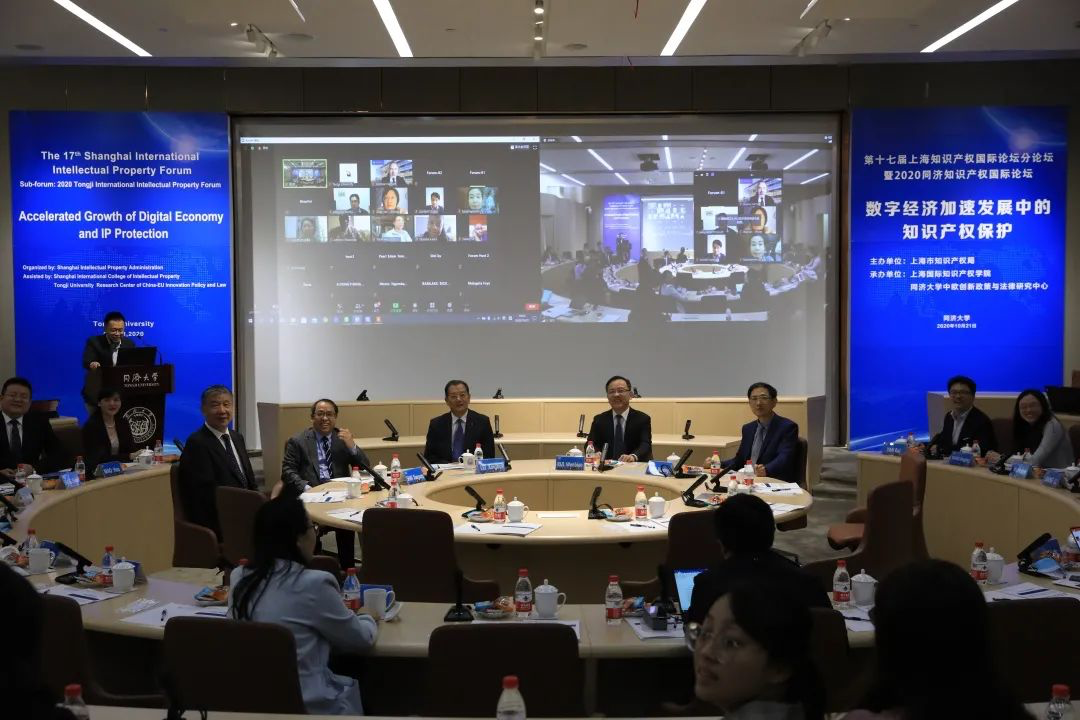
As a part of the 17th Shanghai International Intellectual Property Forum hosted by CNIPA, WIPO, and Shanghai Government, this sub-forum at Tongji University was held to discuss the massive changes encountered by intellectual property protection under the post-pandemic era and accelerated development of the digital economy, to summarize existing practical experiences, and to put forward prospective and practical response strategy and Shanghai solution facing the future institutional development. Expert representatives participating in the forum conducted in-depth thinking and extensive communication concerning the pandemic, cutting-edge technologies, and intellectual property rights, and reached a positive consensus on how to give full play to the intellectual property system to help epidemic prevention and control, scientific and technological progress, and social development in the new era.






 0086-021-65983113
0086-021-65983113  sicip_intoff@tongji.edu.cn
sicip_intoff@tongji.edu.cn